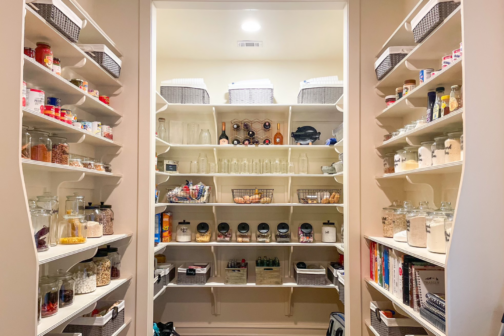Texas’s first hospital-at-home company is expanding its network through a partnership with a Houston area Independent Physician Association, making 13,000 members eligible for hospital-at-home services.
That number is expected to double by the end of the year, says Plano-based Resilient Healthcare President and CEO Jackleen Samuel. Resilient was the first in Texas to launch a hospital-at-home program via a partnership with Medical City in early 2021 and has contracts with more than 20 hospitals. The program allows patients to receive acute hospital-level care in their homes, with the goal of improving patient comfort, costs, and outcomes.
The initiative was launched by the Centers for Medicare and Medicaid Services in late 2020 as more care moved into the home in the wake of the pandemic and will only continue to grow. It was initially tied to the public health emergency, but it was extended for two years under the omnibus bill that was signed at the end of last year and is no longer connected to the public health emergency. A survey from McKinsey and Co. found that $265 billion worth of care (25 percent of the total cost of care) for Medicare fee-for-service and medicare advantage beneficiaries could maintain its quality while shifting from traditional facilities to the home by 2025.
Resilient’s software allows patients to receive remote and in-person medical and behavioral healthcare and social determinant services throughout the state. The latest partnership is with IntegraNet Healthcare, a full-risk health management service organization, and IPA that serves Houston, DFW, and San Antonio. While also providing regular medical care, Samuel says that the partnership with IntegraNet will focus on addressing substance abuse and addiction issues and look to impact behaviors to prevent future hospitalization and focus on wellness.
“These are frequent flyer patients, and we want to break that cycle ad reduce their cost of care,” Samuel says. “Healthcare is tricky because you have your payers, hospitals, and providers like us, so you want to try to make sure it works for everybody.”
Resilient handles the tech platform to support patients and dispatches providers, often nurses or nurse practitioners, to remote patients. Patients receive at least two daily visits and are monitored 24/7 as if they were in a hospital. Samuel expects a monthly 75-100 patient census from the recent expansion. For context, most hospital systems in DFW that have hospital-at-home programs have fewer than a dozen patients at a time.
“We have provided home-based care coordination for years and have now begun a new CMS-licensed Home-based Care Coordination System and a Hospital at Home service through Resilient Healthcare, which will significantly improve member health through improved member engagement and quality compliance while saving millions of dollars in inpatient costs,” said Larry Wedekind, the President and CEO of IntegraNet via release.
Adding these full-risk members means that the providers will receive a flat per-patient payment from the insurance provider and must account for the costs of care for that patient. If the patient is kept healthy more efficiently, the providers can keep the savings left from the per-member payments. Full-risk providers are rare, even though most experts believe that this payment model is the future of healthcare.
Resilient has long been on the cutting edge of remote care. In 2021 The Dallas Morning News reported that the company signed a deal with United Healthcare to provide long-term acute care to members to prevent increased emergency room visits. The partnership was the first in the country for United. Last year, Resilient launched a hospital-at-home program for three hospitals in the MidCoast Health System in southeast Texas, providing remote monitoring and hospital services for rural patients with more hurdles to consistent, quality care.
The partnership will allow physicians in the IntegraNet network to refer patients with complex care needs or who need certain acute hospital services to receive those services via Resilient. Samuel says that Resilient’s “advanced health technology platform and highly trained clinicians, which delivers complete care when needed. Imaging, labs, wound, and IV treatments can be done in the comfort of the home with physician oversight. Care costs dramatically decrease, and the in-home care is patient-centered with an interdisciplinary team approach to prevention and enhanced wellness.”
Get the D CEO Healthcare Newsletter
Author






